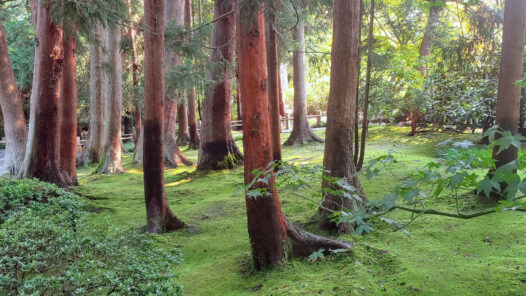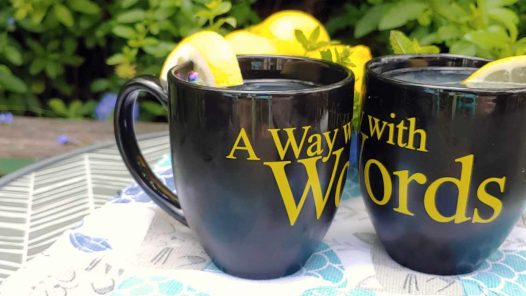A day on Mars is about 40 minutes longer than a day on Earth, so astronomers have a word for that unit of time. They call it a sol, from the Latin word for sun.
NASA scientists refer to and the day before the current sol as yestersol. They tried some other neologisms for the day after the current Martian day, including nextersol and morrowsol, but those terms never really caught on.
Imagine you’re spending the day — or rather, the sol — on Mars. What would you see? For one thing, you’d see lots of hematite. It’s a mineral that usually forms in the presence of water, but not always. If you guessed that the name of this dark-red mineral shares a linguistic root with other words deriving from Greek haima, or “blood,” such hemoglobin, you’d be right.
You’d also see the red, yellow, or brown mineral known as goethite (pronounced “GURR-tight”). This is the mineral that got NASA scientists all excited in 2004 when the Mars rover Spirit detected it. Goethite can’t form without water, so the discovery raised hopes of someday finding water on Mars, or at least evidence that it once existed.
Wait, goethite? Does that name have anything to do with the great German writer Goethe — the one who observed, “Everything is simpler than one can imagine and yet complicated and intertwined beyond comprehension”?
Indeed, goethite may be the only mineral named for a poet. It turns out that in addition to writing, Johann Wolfgang von Goethe was intensely interested in geology, so much so that he amassed 18,000 minerals in a legendary collection that was said to be the largest in Europe.
Here’s another relevant quotation (in translation) from Goethe:
One ought, every day at least, to hear a little song, read a good poem, see a fine picture, and if it were possible, to speak a few reasonable words.
And do we have a “fine picture” for you.
In fact, I’ve been so taken with the above image of Mars since I first saw it that it’s now bookmarked in my browser. As a friend put it, “Superlatives are inadequate; words fail. Look. Think. Be in awe.”
Let me just add that to fully appreciate this picture, you must click and hold your mouse or use your directional keys to move the image around and take advantage of the 360-degree view.
Imagine what Goethe would have made of that.
Photo courtesy of the Jet Propulsion Laboratory at the California Institute of Technology.





I love learning some Martian language from Martha, and the wonderful Goethe quote and trivia.
@Tina, glad you enjoyed it!
Asusena, thanks for your thoughts. The more you listen to our show, the more you’ll find we tend to embrace change and evolution and acquisition in the English language. If all the languages gave a party, English would be the one going around and looking at everyone’s plate, asking, “Are you going to eat that?” 🙂
Bob, did you catch the NPR piece about a family that changed over to Martian timekeeping? You might enjoy it.